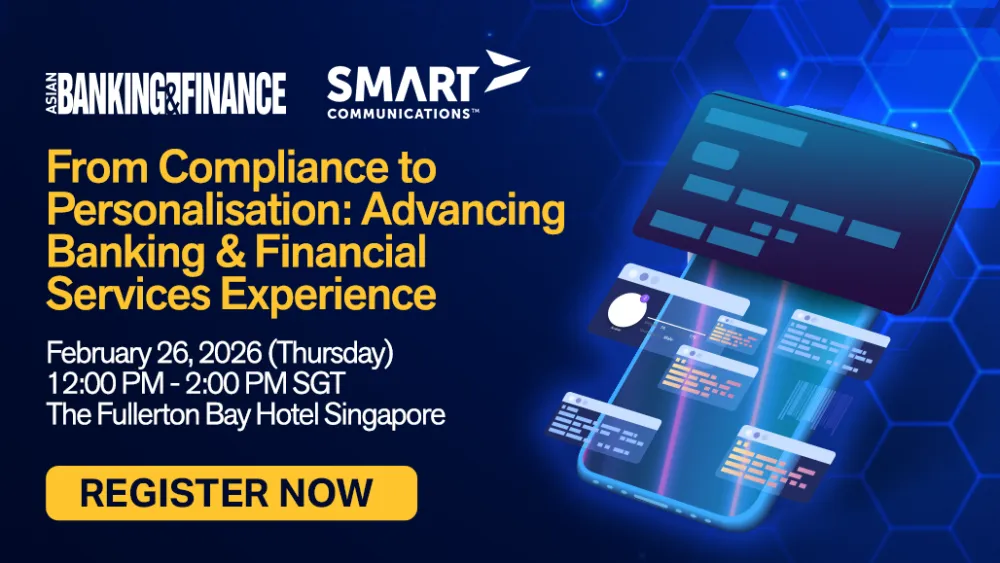
Balancing regulatory driver and customer experience in financial institutions
Technology innovation is enhancing customer experience, empowering seamless customer authentication in financial services
The dawn of the new decade has seen the banking and financial service industries trading punches with the pandemic’s fatal blows, prompting a radical shift that made them more open to technological innovations.
This can be seen in the increase of online users during the pandemic. Social distancing has led users to resort to digital platforms, which prompted banks to extend real-time and mobile banking services to meet the needs of their customers.
In addition to this, various countries in the Asia Pacific region are now imposing different levels of eKYC (Electronic Know Your Customer) requirements and other personal information collections and usages. Open API initiatives have also disrupted the Hong Kong FinTech industries, mandating both traditional banks and Fintechs to acquire the customer’s transaction through a fast and secure online exchange.
Risks involved in the rise of technological innovations
The primary result of these dynamic changes is an influx of online consumer activity, which exposes customers to more fraudulent risks in utilising various technological platforms.
A study made by risk management solutions expert LexisNexis Risk Solutions revealed that the youngest age group of under 25-year-olds are most vulnerable to fraud attacks, while the oldest age group stands to lose the most money.
Moreover, the term "mobile-first" is rapidly becoming "mobile-first, last and everywhere in-between'' in bank services. Yet even as the mobile channel is increasingly taking center stage, and rising security concerns in payments and financial services suggest mobile fraud detection has never been more important than ever.
As increasingly sophisticated cybercriminal organisations follow the masses into the mobile channel, four key trends are reshaping the "mobile threat landscape" around the world. These include:
Account Takeovers
Identity is becoming a critical issue for every business, as seen in more than 11.7 billion stolen personal identity records, credit card information, social security numbers, and other personal identity credentials that sell for as little as $0.19 on the dark web.
Account Creations
These accounts take advantage of free trials/streaming bonuses that can be sold for a profit.
Mobile Payment Challenges
Account login/take-overs and fraudulent creations represent the majority of identity-related fraud activity, particularly for e-commerce merchants.
Bot Attacks
Fraudsters target mobile devices and use bot attacks to test or exploit stolen customer login credentials in retail and banking accounts.
Risk-Based Authentication: Leveraging technology to prevent fraud
With these trends leading the pack, LexisNexis Risk Solutions’ senior director David Haynes advises financial services and fintechs to reexamine their current fraud and risk mitigation procedures that utilise technology—particularly those that use mobile platforms.
“We need to educate consumers or the users on potential risks or new risks that they may not have been exposed to in the past. As we move towards mobile banking, people put a lot of trust in their devices, and it's up to the bank to ensure that these users are protected from fraud,” says Haynes.
LexisNexis' risk-based authentication strategy allows quick and safe onboarding of new customers by providing companies seamless ongoing service access merging user's digital and physical identity footprint. With advanced and innovative fraud mitigation features, it includes four lines of defenses ranging from customer sign-ins to additional identity authentication checks for higher risk identity scenarios.
Global Shared Intelligence
Financial companies aspiring for a more robust fraud protection system can go further by providing their customers frictionless online experiences using LexisNexis’ Global Shared Intelligence platform.
At the heart of this technology is a unique customer identifier that provides a 360-degree view of customers by merging offline and online data in near real-time to establish true digital identities.
LexisNexis offers a more in-depth discussion of Global Shared Intelligences on its “Balancing regulatory drivers and customer experience in financial institutions” webinar happening on 22 July 2021. Guests will also learn more about the latest digital fraud trends, key regulatory drivers and the types of fraud encountered in the digital economy. You can visit this site for more information.



















 Advertise
Advertise











